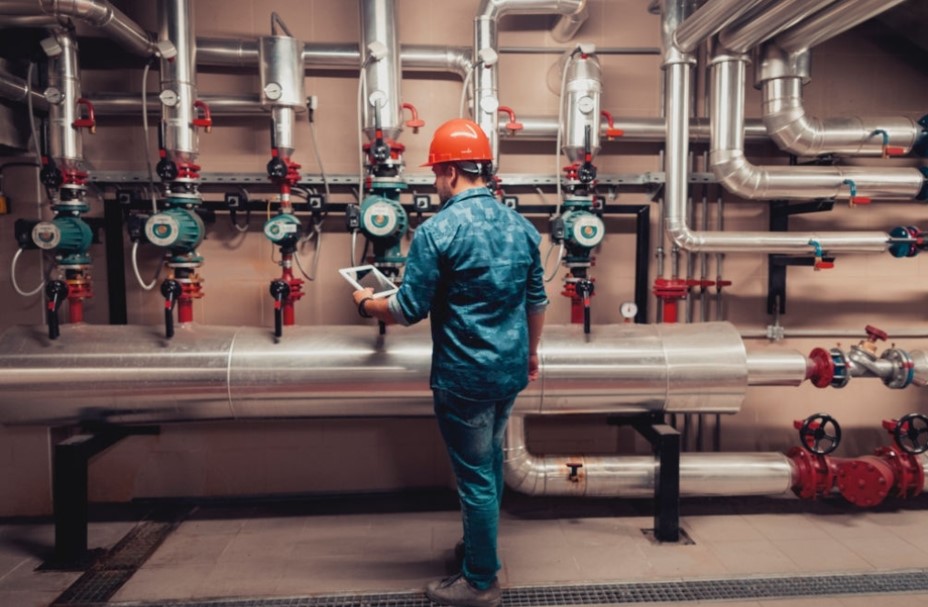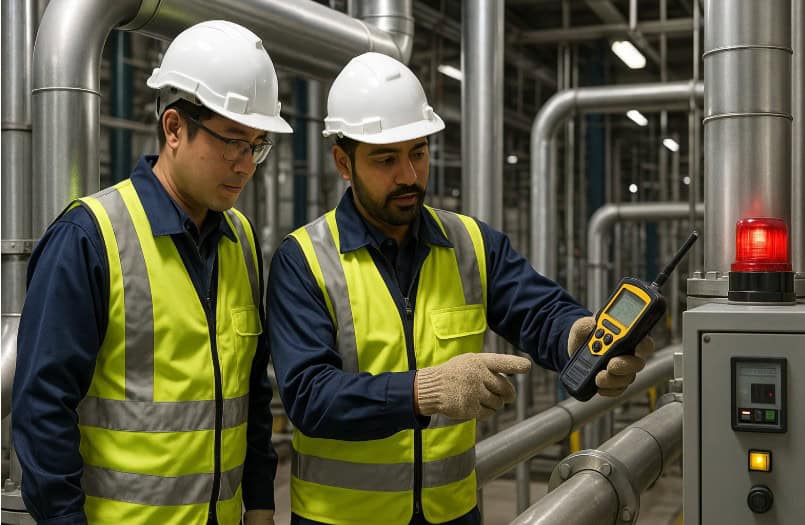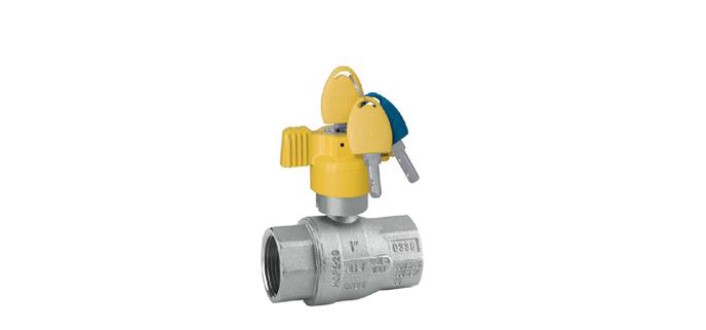LPG, LNG & CNG: Understanding the Difference

As the global energy landscape shifts, the rising cost of traditional fossil fuels and the demand for cleaner, more sustainable energy solutions have led to an increased interest in alternative fuels such as Liquefied Petroleum Gas (LPG), Liquefied Natural Gas (LNG), and Compressed Natural Gas (CNG).
These fuels offer various economic and environmental advantages, making them viable alternatives for residential, industrial, and transportation use.
What is LPG (Liquefied Petroleum Gas)?
LPG is a highly flammable hydrocarbon fuel consisting mainly of propane (C3H8), butane (C4H10), or a combination of both. It is produced as a byproduct of natural gas processing and petroleum refining. LPG is stored in pressurized cylinders or tanks to maintain its liquid state and is widely used for household cooking, heating, refrigeration, agriculture, and industrial applications.
Key Advantages of LPG:
Environmentally Friendly
Emits lower levels of CO2, NOx, and particulates compared to traditional fossil fuels.
Efficient and Cost-Effective
Provides high energy output, improving efficiency in heating and cooking applications.
Versatile Applications
Used in domestic, industrial, and commercial settings, including vehicles as an alternative fuel.
What is LNG (Liquefied Natural Gas)?
LNG is predominantly composed of methane (CH4) and is produced through the liquefaction process, which cools natural gas to approximately -161°C. This transformation reduces its volume by about 600 times, making it more practical for storage and transportation.
Key Advantages of LNG:
Non-Toxic & Non-Corrosive
Safer to handle and store compared to traditional fuels.
High Energy Density
Efficient for power generation, industrial applications, and heavy-duty transportation.
Reduced Emissions
Emits significantly fewer greenhouse gases compared to diesel and gasoline.
What is CNG (Compressed Natural Gas)?
CNG is composed of approximately 93-98% methane and is stored at high pressure (typically 3,000-3,600 psi). Unlike LNG, CNG remains in its gaseous state, making it a popular fuel alternative for vehicles.
Key Advantages of CNG:
Lower Emissions
Produces up to 80% less CO emissions and significantly reduces NOx and particulate matter compared to gasoline.
Safer Fuel Alternative
Since it is lighter than air, CNG disperses quickly in case of leakage, reducing explosion risks.
Economical & Efficient
Provides better mileage compared to traditional fuels, reducing transportation costs.
Key Differences Between LPG, LNG, and CNG
| Feature | LPG (Liquefied Petroleum Gas) | LNG (Liquefied Natural Gas) | CNG (Compressed Natural Gas) |
|---|---|---|---|
| Composition | Propane & Butane | Methane (95% or more) | Methane (93-98%) |
| Storage | Pressurized cylinders/tanks | Cryogenic tanks (-161°C) | High-pressure tanks (3,000-3,600 psi) |
| Processing | Liquefied under moderate pressure | Cooled to -161°C for liquefaction | Compressed to high pressure |
| Transportation | Cylinders, tanks, pipelines | Cryogenic tanks, pipelines | Pressurized tanks for vehicles |
| Safety | Highly flammable, heavier than air | Safer than LPG, evaporates quickly | Lightest, disperses in air reducing explosion risk |
| Common Usage | Household, industry, vehicles | Power generation, heavy-duty transport | Automotive fuel, fleet transport |
Conclusion
With increasing awareness of climate change and environmental sustainability, LPG, LNG, and CNG have emerged as cleaner alternatives to conventional fossil fuels.
While LPG is widely used for residential and commercial heating, LNG and CNG serve as efficient energy sources for industrial applications and vehicle fleets.
Businesses and consumers looking for cost-effective, eco-friendly fuel options should consider these alternatives to reduce carbon footprints and improve energy efficiency.
For further information or consultation on fuel alternatives, feel free to reach out to our team of energy experts.



